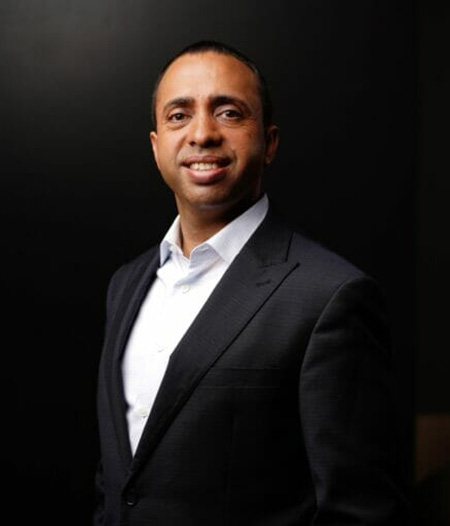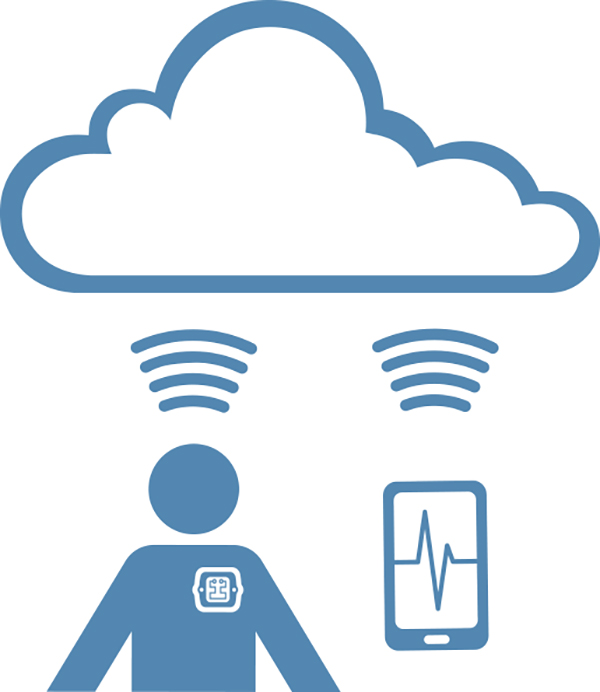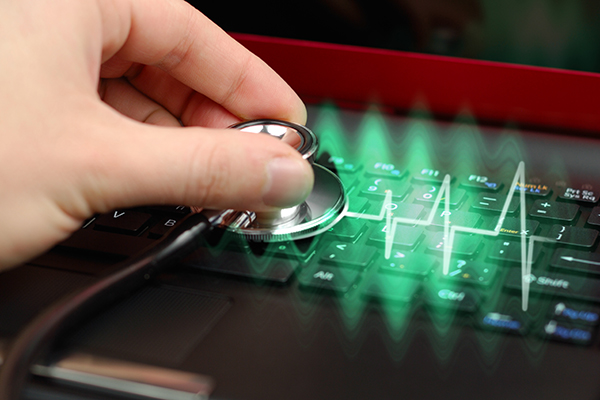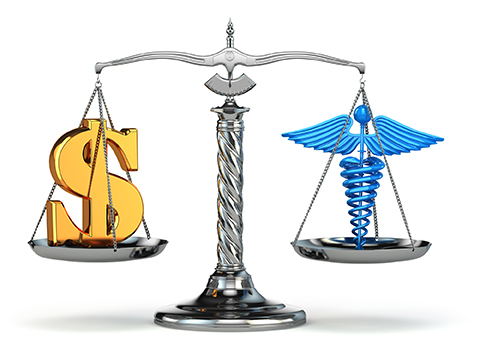

Blockchain technology helps support the goal of decentralizing the healthcare sector and providing patients with the information they deserve about their own healthcare data.

Blockchain technology helps support the goal of decentralizing the healthcare sector and providing patients with the information they deserve about their own healthcare data.

The combination of medtech progress with strides in modern healthcare interoperability will enable preventive care in unprecedented ways.

The findings suggest that manufacturers need to make user interface and user experience design improvements to certain wearable medical devices.

Fueled by the need to provide quality care during a global pandemic, healthcare stakeholders are acting quickly to identify new opportunities and overcome challenges.

Building fruitful development partnerships between companies, governments and researchers will enable the most promising and impactful deployments in healthcare.

Healthcare cannot remain reactive to dealing with cybersecurity risks. We must take a new, proactive approach to protecting our users, and our systems must prioritize reducing the extent of reliance on users against unknown threats.

AI’s arrival in the cardiovascular profession brings a plethora of new opportunities for providing innovative, tailored treatment.

As more healthcare activities take place from home, passive continuous monitoring solutions and new technology such as artificial intelligence will be critical to communications between providers and patients. In addition, new solutions that offer overnight monitoring will play a crucial role in helping to fill the gaps, particularly in assessing patient deterioration or changes in health conditions. The pandemic has forever changed the trajectory of healthcare and specifically virtual care.

Francisco Partners is acquiring healthcare data and analytics assets from IBM.